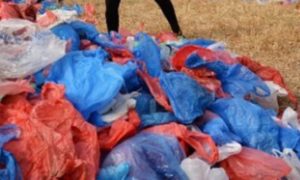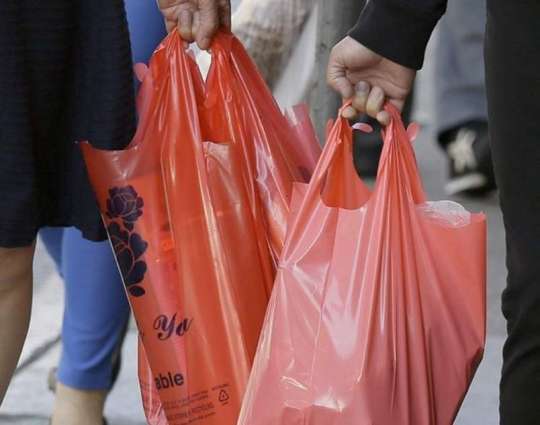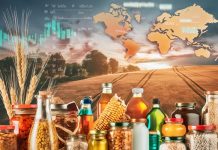By Muhammad Luqman
After the Islamabad Capital Territory (ICT) and Sindh province, the government of central Pakistan province of Punjab has in principle decided to curb the production, sale and use of plastic bags initially those with thickness below 50 microns.
“ We have decided to ban plastic bags in line with federal government’s decision,” Punjab’s Chief Minister Usman Buzdar recently announced amidst protests from the plastic manufacturing units dotted across the province especially in the capital, Lahore and nearby industrial town of Gujranwala. Other major centres of plastic manufacturing are Faisalabad and Rawalpindi. In addition, to plastic bags, other products being produced in Punjab and other provinces of Pakistan are – injection, blow, extrusion, woven or tubular films manufacturers in all the major industrial hubs of the South Asian country.
Over 6000 plastics processors in Pakistan are contributing around Rs 50 billion annually to the national exchequer as custom duty, sales tax and income tax.
Plastic Culture was not much visible in the recent past. Just a couple of decades ago, people in Pakistan used to carry cloth bag while shopping grocery. Very few people opted for plastic bags to put eatables especially green grocery into. This was not out of any environmental concerns but due to centuries long cultural and social values. But adoption of international packaging trends have changed situation in this South Asian country a lot. Polythene bags have emerged as the leading packaging material. According to a report recently presented in Senate, the upper house of Pakistan,s parliament, over 55 billion plastic bags are used in the country every year. The use is increasing by 15 percent per annum.
The demand for the polythene bags has led to establishment of over 8000 production units , mainly in the central Pakistan province of Punjab. These employ about a million people directly or indirectly.
About 80 percent production is not bio-degradable. So a single bag’s decay may take several decades, thus contributing to the solid waste pollution to a great extent. Only 20 percent polythene bag production is degradable . Such a bags are being produced for country’s cash and carry stores by adding such a chemicals that lead to decomposition of bags within weeks.
“ We are using D2W brand additive that helps biodegrade the bag after certain time; But this technology has been adopted by very few plastic units in Pakistan,” says Ijaz Hussain, a Lahore-based plastic bags manufacturer.
The non-biodegradable polythene bags are not only leading to chocking of drains but also considered responsible for myriad of human diseases mainly cancer. The situation has gone worse after the beginning of use of plastic bags for carrying cooked food like rice, curry and even yogurt.
The open burning of the plastic bags at dump sites generates nitrogen oxides and sulphur oxides, responsible for causing serious diseases. Moreover, the dumping of the plastic bags in the ground are decreasing the fertility of the soil.
“Plastic bags do not dissolve in the soil and it causes the environment pollution and decreases fertility. He stressed upon the need to create the awareness among the people so that situation can be tackled effectively,” says Director Institute of Soil & Environmental Sciences Dr Javed Akhar .

Major source of environmental problems is single-use or disposable plastic, with severe environmental consequences. Plastic bags don’t biodegrade, they photodegrade i.e. breaking down into smaller and smaller toxic bits contaminating soil and waterways and entering the food web when animals accidentally ingest them.
No doubt, Pakistan is going to be 128th country in the world to tackle the ill-effects of plasticulture . Yet it has to adopt a gradual approach while dealing with the problem as sudden closure of the industry could leave over one million people jobless besides depriving people of inexpensive package material. Awareness campaign may help people turn to other packaging materials like cloth. But it will take time. Haste will only make waste.















